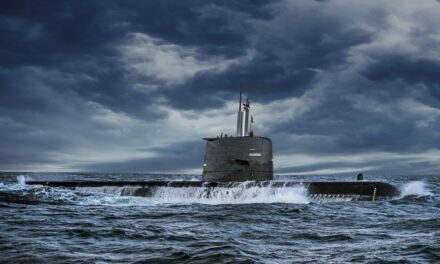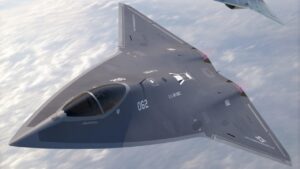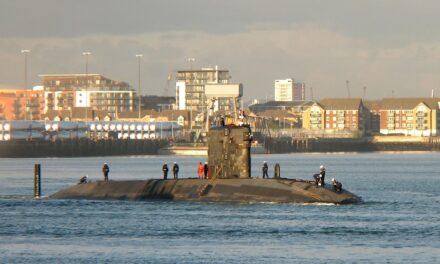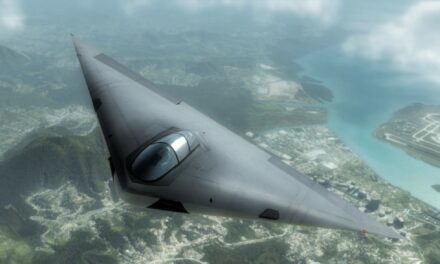We support our Publishers and Content Creators. You can view this story on their website by CLICKING HERE.
Key Points: Vladimir Putin’s empire-building ambitions are collapsing under the weight of economic decay, international isolation, and the disastrous war in Ukraine.
-His obsessive control has overstretched Russia’s resources, weakened its geopolitical standing, and risked making it a dependent vassal of China.
-The crumbling CSTO alliance, NATO’s expansion, and setbacks in Syria highlight Russia’s declining influence.
-Despite economic and military strain, Putin’s unyielding grip persists, fueled by Western hesitation and a delusional belief in ultimate victory.
-If NATO falters in its resolve, Putin may exploit the chaos to reshape global order, but his failure would be his undoing.
Russia’s Empire Unraveling: The Costs of Putin’s Obsession with Ukraine
No less literary giants than Nikolai Gogol, Leo Tolstoy, and Fyodor Dostoyevsky created characters by taking inspiration from the proverb: “Those whom the gods wish to destroy they first make mad.” There is validity in this ageless adage that lurks over Vladimir Putin. The prospect of him being the main character in some future roman à clef about the decline of a once great power is more than merely spectral.
Putin’s empire cult is in denial about its withering geostrategic influence, the resilience of Russia’s economy, the exhaustion of resources, and the breathtaking human costs in Ukraine. Despite the assertions, Russian interests are being deposed, and a grim darkness is engulfing the Kremlin.
With the war in Ukraine grinding on, Moscow gawps while rebel forces overtake Syria and Assad resigns to nestle safely with his extended family in their luxury apartments in Moscow. At stake in Syria were two vital military bases. The Khmeimim airbase and Tartus naval base are crucial to Russia’s operations in the Middle East and Sahel region in Africa.
The Collective Security Treaty Organization (CSTO) is also falling apart. Initially founded as a counterweight to NATO, it has long been exposed as an attempted revanche to return control of former SSRs to Moscow. Uzbekistan left the alliance 12 years ago, and this year, Armenia announced its plans to leave. The loss of Armenia will force Moscow to abandon two more vital military bases and diminish its position in the South Caucasus.
Vladimir Putin. Image Credit: Russian Government.
Putin has stretched himself too thin since he launched his Special Military Operations in Ukraine and the CSTO members understand that as far as any notions of collective security go –they are on their own. The void could re-ignite Georgia’s ambitions to retake Abkhazia and South Ossetia and deprive Putin of his last two military bases in the region. His miscalculation has not only weakened his claims over the near abroad, but it has also strengthened NATO as Sweden and Finland added themselves to the alliance.
While these events collide, Putin’s Russia is teetering toward a long-held worst fear: becoming a weak economic dependent on China and a source of cheap raw materials. Because of its virtual monopsony, China purchases Russian oil, natural gas, and coal at heavily discounted prices. India also benefits significantly from access to discounted Russian crude oil. Despite the well-publicized bear hugs between Putin and Modi, India’s relations with Russia are pragmatic and self-serving. It understands its future is with the West, particularly as it moves to check China’s influence.
Putin is impulsive, manipulative, consistently aggressive, and never remorseful. He is indifferent to the outcomes of his ruthless actions and rationalizes reasons for lying, murder, and the staggering brutality of the war in Ukraine. His antisocial personality disorder meshes well with the Leninist/Stalinist psychosis that insists a constant state of siege exists between and within nations and societies. War and politics are a single concept according to Leninist doctrine. This continuous conflict applies to external and internal enemies.
In 1946, George Kennan wrote The Long Telegram. The famous document, penned under the pseudonym “X,” uncloaked the central pith of Russia’s ruling class’s perception of reality.
“Kremlin’s neurotic view of world affairs is a traditional and instinctive Russian sense of insecurity … Russian rulers have invariably sensed that their rule was relatively archaic in form, fragile and artificial in its psychological foundation, unable to stand comparison or contact with political systems of Western countries.
Three decades after the collapse of the Soviet Union, Putin still sees the world as an angry sea of foreign enemies lapping at its shores, particularly the dangers presented by the United States as it seeks to extend its global dominance and marginalize Russia.
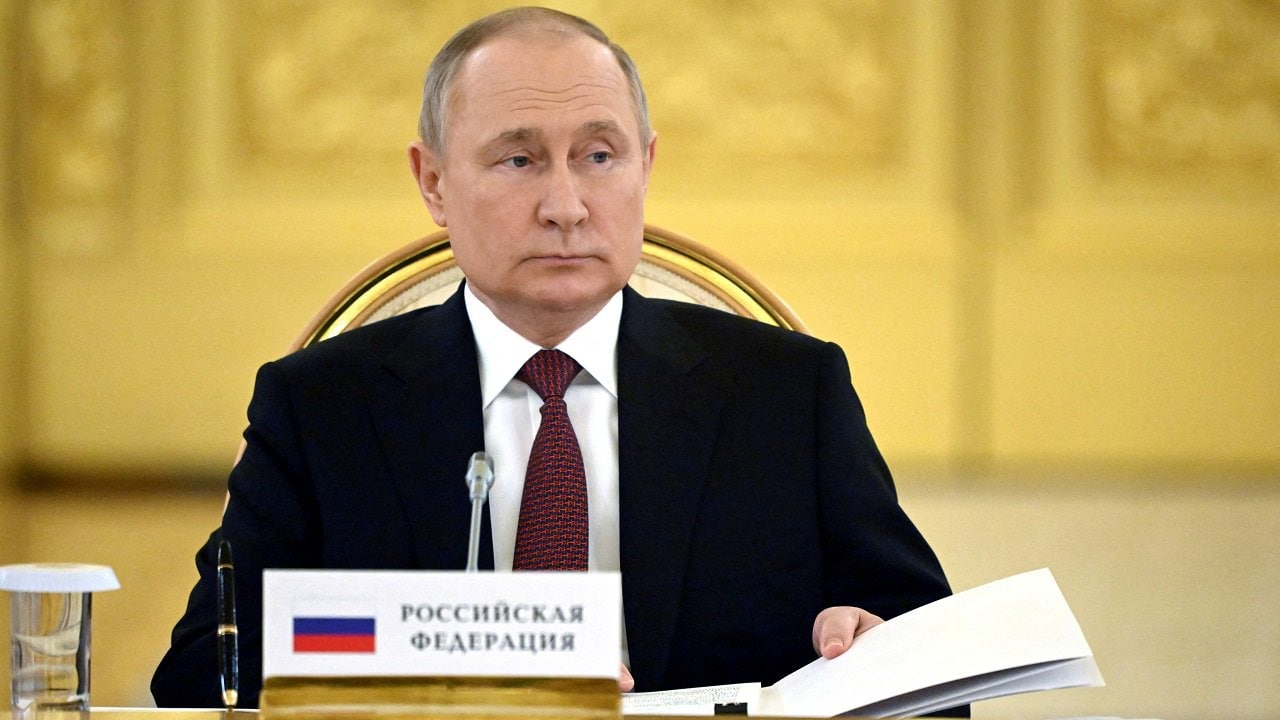
Russian President Vladimir Putin attends the Collective Security Treaty Organisation (CSTO) summit at the Kremlin in Moscow, Russia May 16, 2022. Sputnik/Sergei Guneev/Pool via REUTERS ATTENTION EDITORS – THIS IMAGE WAS PROVIDED BY A THIRD PARTY./File Photo
Ukraine’s strategic place within Russia’s near abroad is unique on several levels. Not only has Ukraine been a border territory between Russia and Western European powers, it has been an economic market and a political buffer. For generations, Russia relied on it as part of its defensive ring against Western-style democracies and as a consumer for its energy exports.
The possibility of Ukraine being part of the West signifies a loss of territory and an encroachment on sacred Russian space—politically, militarily, economically, ideologically, culturally, and psychologically. For these reasons, Putin considers the flight of Ukraine from its orbit as an intolerable threat. Therefore, military action was a calculated risk. Now, it is becoming a living curse. As he seeks to expand the conflict, the hole he is digging becomes deeper. Rising inflation, capital flight, labor shortages, dependence on declining energy exports, and over-reliance on China as an economic partner are putting his economy on a perilous track.
Yet, Putin is unwavering in his determination to prevail. No compromise is acceptable, despite the gradual ruination of the economy due to the drain on manpower, resources, systemic dysfunctionality. As it ramps up military production, the consumer sector contracts more and demobilizing from a war economy may cause the system to collapse.
Putin’s only encouragement is the West’s overinflated fear of escalation. Half of the pledged assistance arrived late. The Biden administration’s previous nonsupport of Ukrainian counterattacks inside Russia was damaging. Hesitancy, political impasse, and ambiguity have been costly. Putin’s lifeline is the hope that time is on his side. If he is correct, it could break up NATO into regional defense blocs and mean the end of the order it created from the devastation and misery of the Second World War.
Putin might still be the final arbiter in the dystopia he helped create, but he is also a deluded tyrant who demands loyalty and servitude. Only a doomed military operation or the total collapse of the economy will force him to abandon Ukraine as long as the war continues or Russia triumphs, Putin will survive. This is not the time for the West to question its resolve.
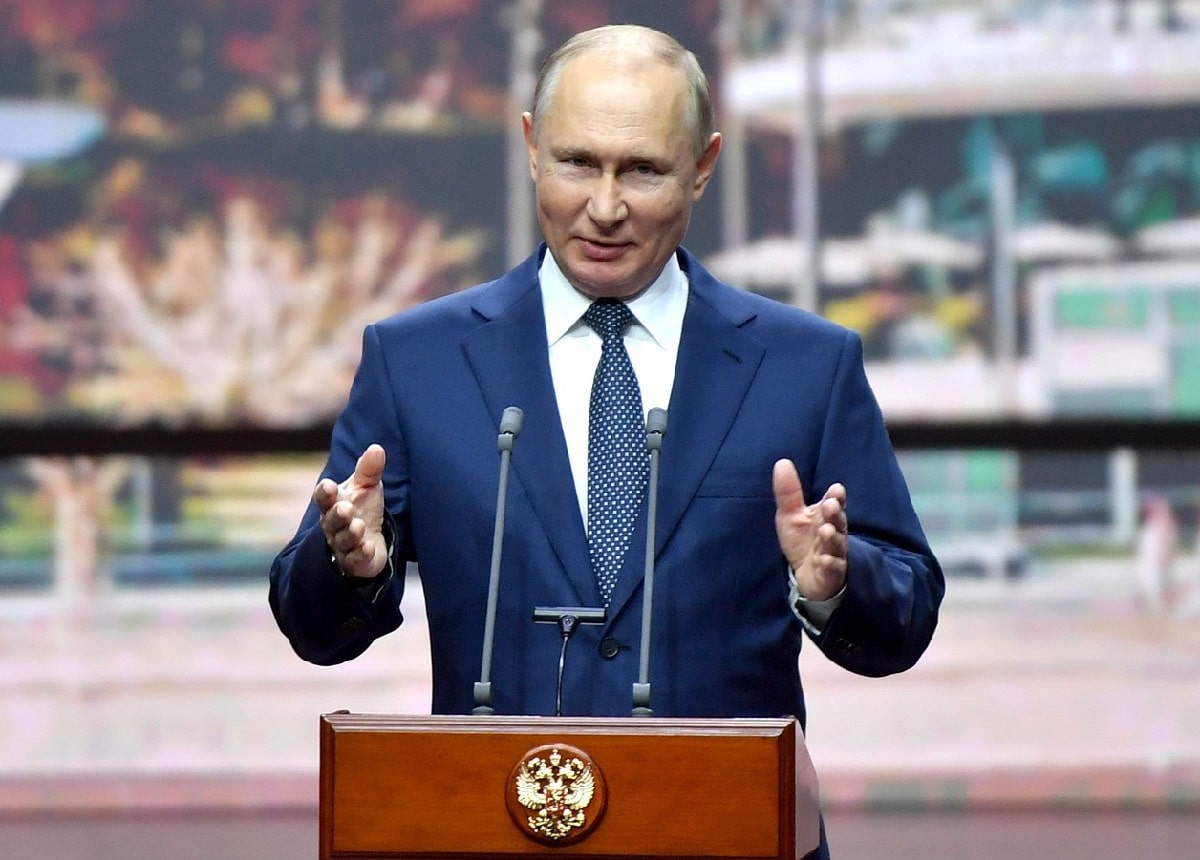
Russian President Putin. Image Credit: Creative Commons.
In the final act, Gogol’s Propishchin, the schizophrenic diarist in the classic Diary of a Madman, speaks about himself from his cell in an asylum: “There is no place for him in this world [Mother]”. Putin will have a place for himself as long as the war continues. He might even turn his madness into genius simply because of an irresolute Atlantic alliance.
Otherwise, without victory, the gods would destroy him.
About the Author:
Jack Jarmon has been a visiting scholar at the Harriman Institute, Columbia University, for the past year. He taught international relations at the University of Pennsylvania and Rutgers University, where he was Associate Director and Research Professor at the Command Control and Interoperability Center for Advanced Data Analysis – a Department of Homeland Security Center of Excellence. He was a Manager in Arthur Andersen’s Moscow Office during the mid-1990s and served as USAID Technical Advisor for the Russian government. He has lectured at major universities and war colleges and authored and co-authored five books, currently core texts for international and security studies programs in the US and abroad.

 Conservative
Conservative  Search
Search Trending
Trending Current News
Current News 